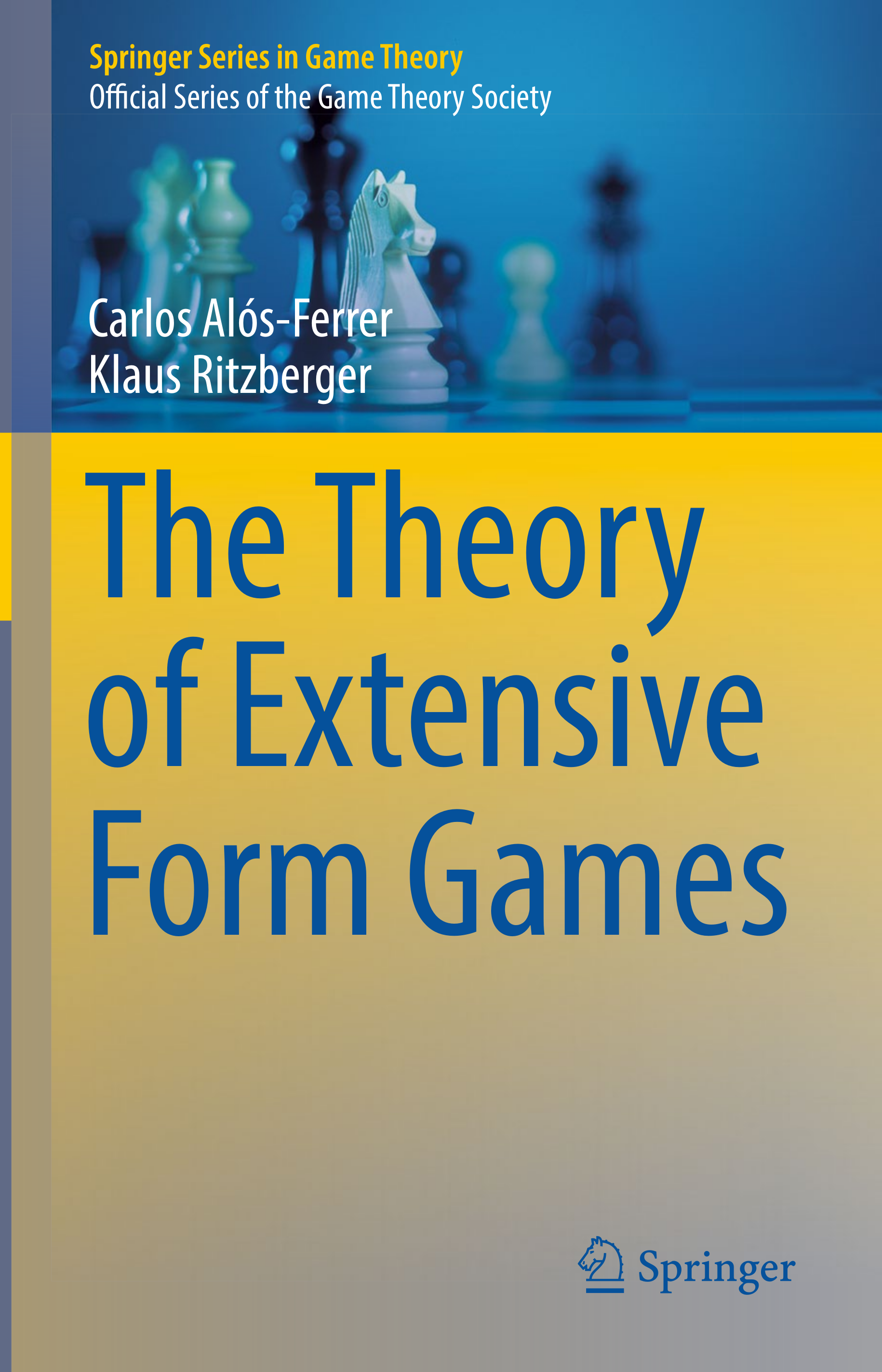I firmly believe that scientists have the obligation to reach out to society, and do so in an agile and timely way (at least as much as publication delays allow us). Putting my time and effort where my mouth is, I have just joined Psychology Today as a contributor. The first post in my blog “Decisions and the Brain” there is on “Why We Are All Crooked Bankers.” I have also just covered the same research in a post in the Spanish blog Nada es Gratis, “Egoísmo eres tú: robando a las masas.“
Both posts cover my research article “Generous with individuals and Selfish to the Masses,” published in Nature Human Behaviour this year. It humbled me to see the impact that this article had beyond academic circles. It was covered in a large number of newspapers after acceptance, including newspapers as the Frankfurter Allgemeine Zeitung or Le Temps, and popular-science magazines as New Scientist, Spektrum, or QUO. It was also covered in Nature as a Research Highlight, and I wrote about it in “Behind the Paper” at Nature: Behavioral and Social Sciences.
Continue reading
 We have updated the Aims and Scope for
We have updated the Aims and Scope for  Together with my most-frequent coauthor Klaus Ritzberger, I have been working on the formal-analytical foundations of extensive form games for over 15 years now. Last year, we made a (considerable) effort and reorganized our published research on this topic. The result is a book, of course called
Together with my most-frequent coauthor Klaus Ritzberger, I have been working on the formal-analytical foundations of extensive form games for over 15 years now. Last year, we made a (considerable) effort and reorganized our published research on this topic. The result is a book, of course called